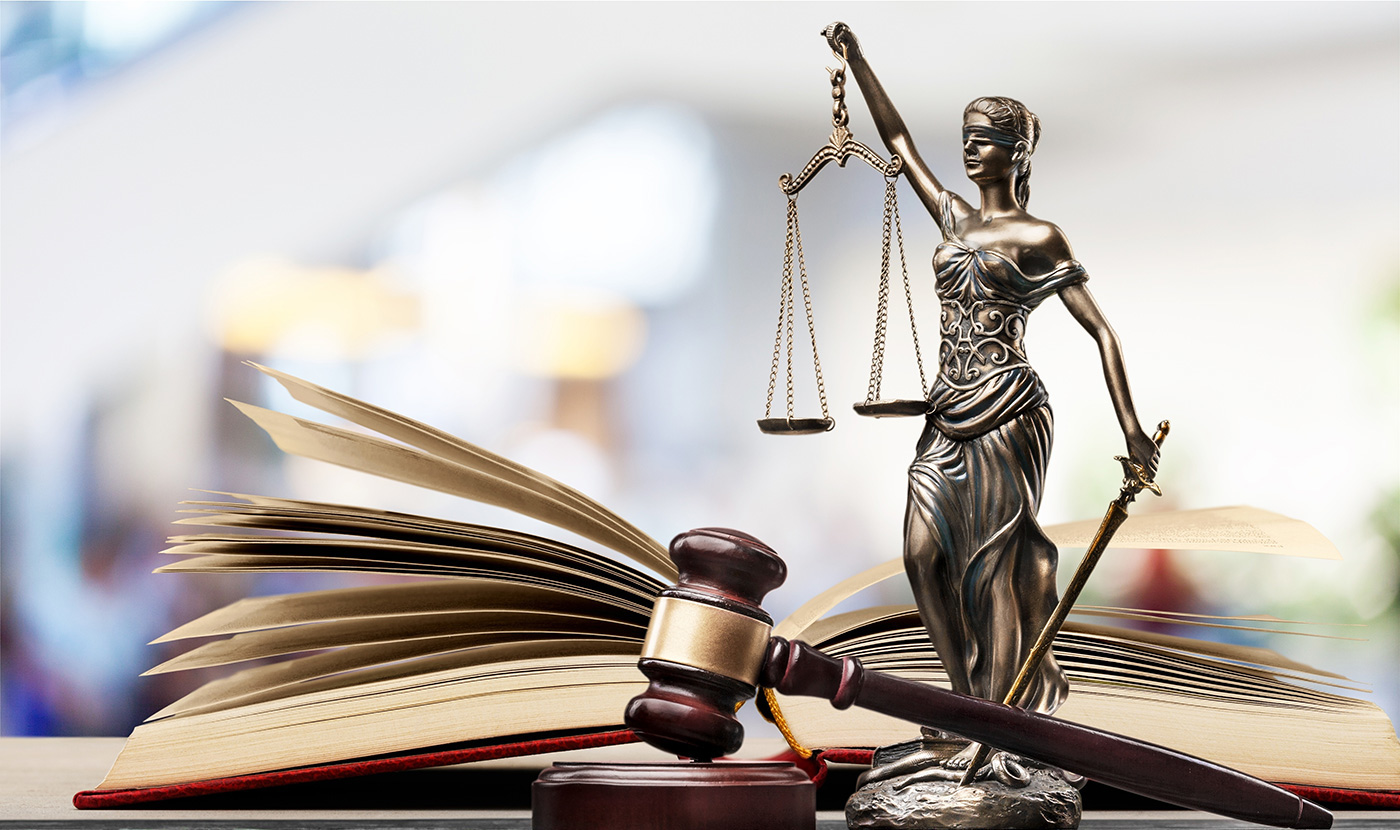Law has many purposes, including protecting individuals from harm, maintaining order, and resolving disputes. It also plays an important role in promoting social and economic well-being. For example, laws can help to ensure that businesses are fair and honest, that workers are treated safely and respectfully, and that the environment is protected.
Laws are created by a variety of means, including legislation, regulation, and judicial precedent. Legislation is the process by which laws are enacted by a legislature, such as a parliament or congress. Regulation is the process by which laws are created by government agencies. Judicial precedent is the process by which laws are created by courts through their decisions in cases.
Once laws are created, they are enforced by a variety of means, including law enforcement agencies, courts, and administrative agencies. Law enforcement agencies, such as police departments, are responsible for investigating and prosecuting violations of the law. Courts are responsible for adjudicating disputes and imposing penalties for violations of the law. Administrative agencies are responsible for enforcing laws that regulate specific industries or activities.
Law is a complex and ever-evolving system. It is constantly being adapted to meet the changing needs of society. As a result, there is no single definition of law that is universally accepted. However, all laws share some common features. They are all rules of conduct that are recognized as binding by a particular community and that are enforced through the imposition of penalties.
Types of law
There are many different types of law, which can be classified in a variety of ways. One common way to classify law is by its source. Under this classification, law can be divided into two main categories: public law and private law.
Public law is concerned with the relationship between the government and its citizens. It includes laws that regulate criminal behavior, such as murder and theft, as well as laws that regulate the activities of government agencies.
Private law is concerned with the relationships between individuals and organizations. It includes laws that govern contracts, property rights, and family law.
Another common way to classify law is by its subject matter. Under this classification, law can be divided into a number of different fields, such as criminal law, civil law, and constitutional law.
Criminal law is concerned with crimes and the punishment of criminals. Civil law is concerned with disputes between individuals and organizations. Constitutional law is concerned with the structure and powers of government.
The importance of law
Law is important for a number of reasons. It helps to protect individuals from harm, maintain order metrostatefinancial.com/, and resolve disputes. It also plays an important role in promoting social and economic well-being.
Law is essential for a just and fair society. It provides a framework for resolving disputes peacefully and ensures that everyone is treated equally before the law. Law also helps to protect the rights and freedoms of individuals.
Conclusion
Law is a complex and ever-evolving system. It plays an essential role in maintaining order and promoting social and economic well-being. While there is no single definition of law that is universally accepted, all laws share some common features. They are all rules of conduct that are recognized as binding by a particular community and that are enforced through the imposition of penalties.

